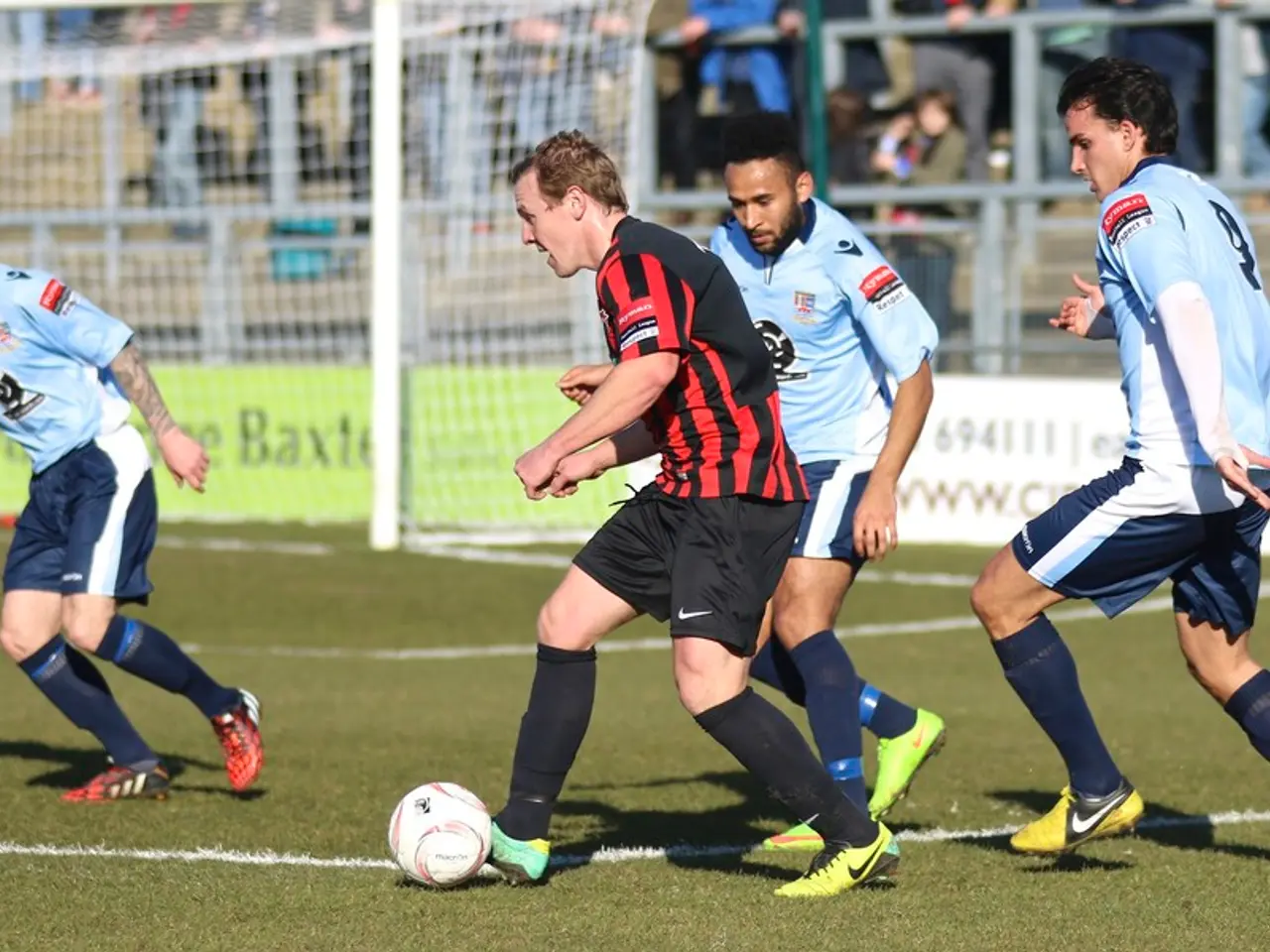football players in Denmark refuse proposed wage hike for gender equality with women's team
Equal Pay in Football: Progress and Challenges
The fight for equal pay in football is making strides, particularly in Europe, where the UEFA Women's EURO 2025 generated €128 million, more than double the previous edition, enabling higher participation fees and prize money for women players. This progress is also seen in countries like Nigeria, which has recently adjusted compensation packages to promote gender pay equality for its national footballers.
However, significant challenges remain, particularly outside Europe. In Latin America and the Caribbean, only 24% of women footballers can focus solely on the game, with many earning at or below minimum wage. In Africa, events like the 2025 Women’s Africa Cup of Nations reveal deep inequalities, with some federations prioritizing men's teams over women's, even when the women’s teams have higher achievements.
Factors influencing this trend include revenue generation and investment, institutional support and governance, player advocacy and unionization, and economic disparities within countries. Increased league, tournament, and media revenues correlate with better pay for women, while national federations and confederations' commitment varies widely, impacting resource allocation for women’s football.
In Denmark, the Danish Football Association (DBU) has been planning to equalize the match fees for men's and women's teams. The decision, made by a negotiating team including Andreas Christensen, Thomas Delaney, Christian Eriksen, Pierre-Emile Højbjerg, Simon Kjær, and Kasper Schmeichel, includes equal basic pay for the Danish female footballers, improved insurance, and significant adjustments to bonuses for women players. The men's team, in a show of solidarity, has agreed to a 15% reduction in insurance to finance the increase for women.
For Danish top players like Pernille Harder, the difference between the bonus and regular club salary is greater compared to their male counterparts. The new contract, coming into force after Euro 2024, will allocate freed-up funds from the men's team to the women's team and U21 teams.
However, equal pay in Germany is yet to be implemented. Svenja Huth, a VfL Wolfsburg player, believes that the necessary foundation and infrastructure for the training of young players should be created before forced equalization of bonuses is considered.
The global implementation of equal pay for men's and women's national football teams is a complex issue, influenced by economic, structural, and cultural factors across regions. Concerted coordinated action from both public and private sectors is critical to sustaining and scaling this progress.
What about the sports of football in countries like Latin America and the Caribbean, where only a quarter of women footballers can focus solely on the game and many earn at or below minimum wage? Why doesn't football in Africa show the same progress as Europe, with some federations prioritizing men's teams over women's, even when the women’s teams have higher achievements?








